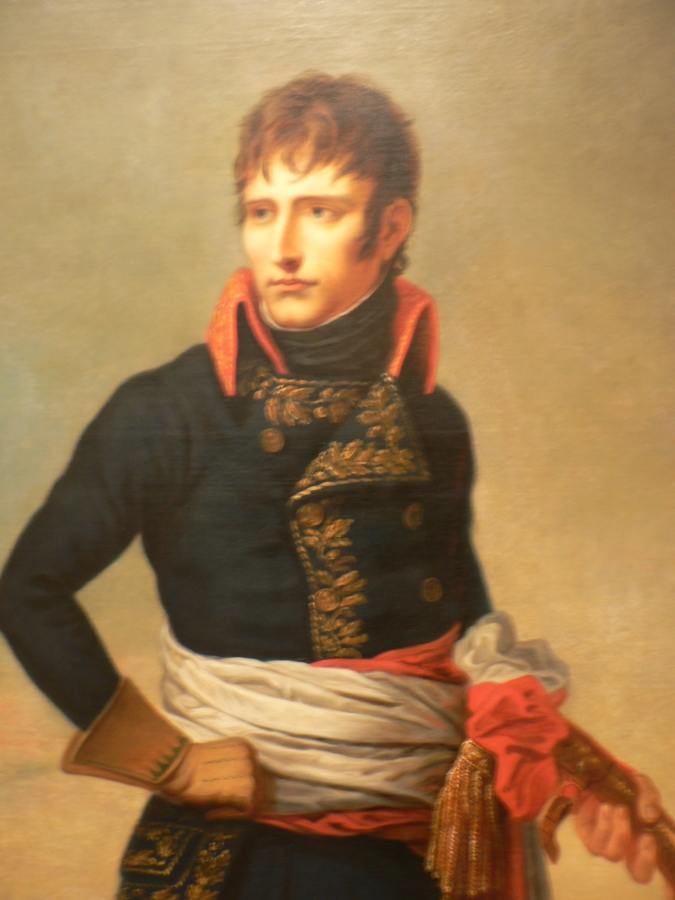Lesson One: The historical depth of the institutional organization of France
This lesson is given in French at Sciences Po (Paris)
 We sometimes believe Law is the new rules decided by the binding power of the State, rules which are only "positive law".
We sometimes believe Law is the new rules decided by the binding power of the State, rules which are only "positive law".
This is false.
Because current Law is the result of History (I), it is easy to see it through French institutions built in historical periods and conserved (II). But if it is true, how to really build Europe ? (III).
I. Current Law is the result of History. Thus, the French law that governs us is the result of the history of French law, which itself was "polished" by the History of France. It cannot be understood if one ignores everything that happened before, because history is still alive in the present legal rules. The Roman law, that medieval law, the law of the Old Regime, the "intermediate law" of the French Revolution are all present. Therefore, the strong influences of the North American law after the Second World War and European integration can cause some problems. Certainly, the law as it is an autonomous normative system raised its neutrality with respect to historical facts, especialy with cases on Nazis' behavior or genocides, but it is not a simple question.
II. This impregnation of the law by its History says that all French institutional organization is marked by its history, including politics, the primary role of the executive, the place given to Parliament, the little regard for the Constitution, and aggressive ignorance of the judge is rooted in the French history. The French judicial organization itself is the result of the history of France, by the duality of orders of courts, as are the judicial courts in the relationship between the seat and the floor.
III. Today, we tend to undermine the relationship between Law and History. If we don't, how do we build Europe between such different Nations? Whereas Europe includes Common Law countries and countries of Civil Law? If we don't separate Law and History, then Europe should only be a market area, except in finding a common core to all European histories, that could be the respects of human beings.
About this lesson, some questions for further
- In British Law, is the obligation to drive on the left an arbitrary rule ?
- Is the Civil Code "the pinnacle of French law ?
- Quel est la place du droit dans la construction européenne ?
- If the assertion of the Law as "spirit of a people is true, what practical implications should we draw ? ?
- Peut-on écrire le droit "sur feuille blanche" ?
- Le droit peut-il écrire l'histoire ?
- Le juge peut-il juger l'histoire ?
- Peut-on emprunter une règle à un autre système juridique ?
- L'expression de "pouvoir juridictionnel" est-elle appropriée ?
- La dualité des Ordres de juridictions est-elle condamnée ?
- L'unité de la magistrature judiciaire est-elle un leurre ?
- Le Common Law est-il en train de triompher ?
- Le droit est-il un simple outil ?
- La Constitution nord-américaine et la Constitution française sont-elles apparentées ?
your comment